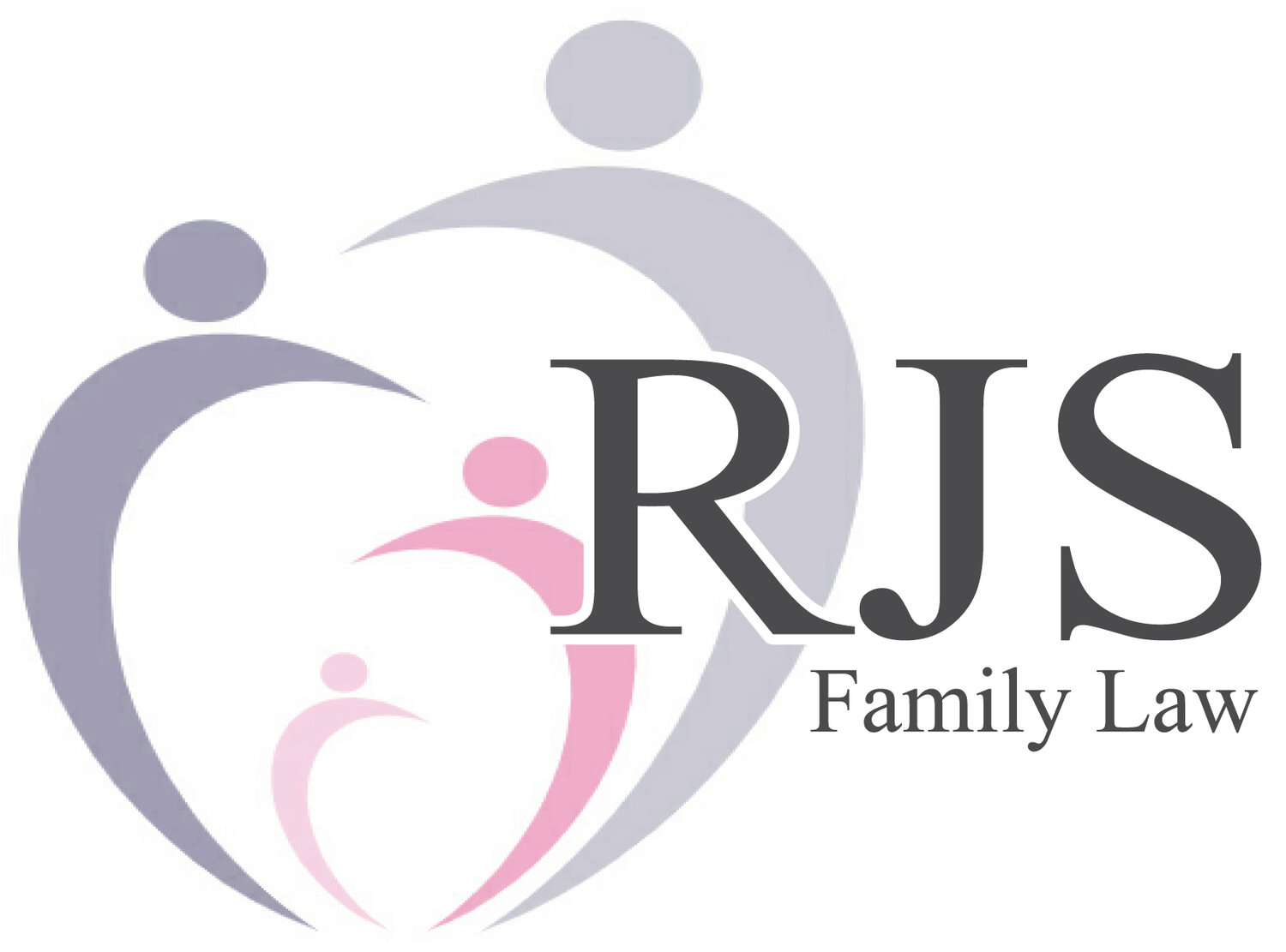Can my Ex Contest Our Divorce?
Divorce can be both an emotional and difficult time for your partner – if not the both of you. Initially, it might well be the case that your soon to be ex wishes to contest or try to prevent a divorce. It might be because it’s come as a shock and they’re simply not mentally ready to accept the situation – indeed, they may well still be very much in love with you and were therefore blinkered as to your feelings. However, in such cases spouses eventually accept the situation. More disturbingly, it might be the case that your partner is abusive and controlling and this being the case, they may seek to maintain control by refusing to acknowledge the papers. However, regardless of the reasons, your partner can’t force you to remain in a marital relationship.
Following ‘The Divorce Dissolution and Separation Act 2020,’ that came into force on the 6th April 2022, you can apply for a ‘no-fault’ divorce. Whilst it’s likely that you could cite several reasons for wishing to divorce your partner, the new ‘no fault / no blame’ route has several advantages. Firstly, the process is more efficient and streamlined making everything a little quicker and therefore less stressful. Secondly, should you need to maintain a relationship with your ex, the lack of blame and as well as stigma and acrimony surrounding any cited faults is removed. This hopefully makes for a more harmonious level of contact, going forwards; this can be hugely beneficial if you have shared business interests and more importantly – shared children!
However, one of the biggest changes, under the act, is that a spouse can no longer contest a divorce. This also applies to separation as well as those in a Civil Partnership.
If you live in England or Wales, you can apply for a ‘no fault’ divorce provided that you have been married for 12 months, your marriage is legally recognised in the UK and that you or your spouse resides in the UK. You only need to cite that ‘your marriage has permanently broken down’ as your reason for seeking a divorce. You will need to make and send a divorce application along with a statement of ‘Irretrievable Breakdown.’ Upon receipt of these, the court will notify your ex by serving them with an ‘Acknowledgement of Service Form’ for which they have 8 days (7 days if served online), to respond.
There might be an innocent reason for your spouse’s failure to respond to divorce papers. For example, if they’re on holiday or perhaps working away. You can apply for the papers to be sent again. However, if your ex refuses to acknowledge the papers and the court recognises that they have had opportunity to do so, either a court bailiff or a Process Server can be used to personally serve the papers.
If there is evidence that your spouse received the divorce papers in the post, an application can be made to the court to rule that the papers were correctly served; this is known as ‘Deemed Service’ and the evidence required could simply be an email or even a text message! Your Process Server can also present a ‘Process Server Certificate’ as acknowledgement; this also fits within the ‘Deemed Service’ remit and allows your divorce process to move forwards.
RJS Family Law can talk to you about the divorce process, the different stages and what’s required. As divorce specialists, we have many 5 x star reviews relating to our levels of service and success.
For further information and an initial FREE consultation: rjs@rjsfamilylaw.co.uk
